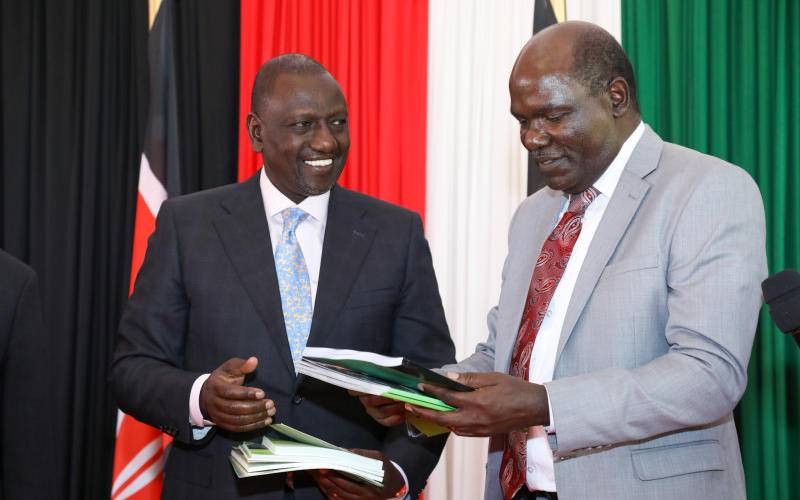×
The Standard e-Paper
Join Thousands Daily

Here we were, thinking the 2022 election was over, and we would get back to our daily hustles.
But no, there are unanswered questions on the Holy Grail we call the presidency. On one side, Raila Odinga, adjudged the losing candidate, tells us the leadership of the Independent Electoral and Boundaries Commission (IEBC) has a potential case at the International Criminal Court (ICC) on account of its apparent "blunder and plunder" of the presidential vote count.